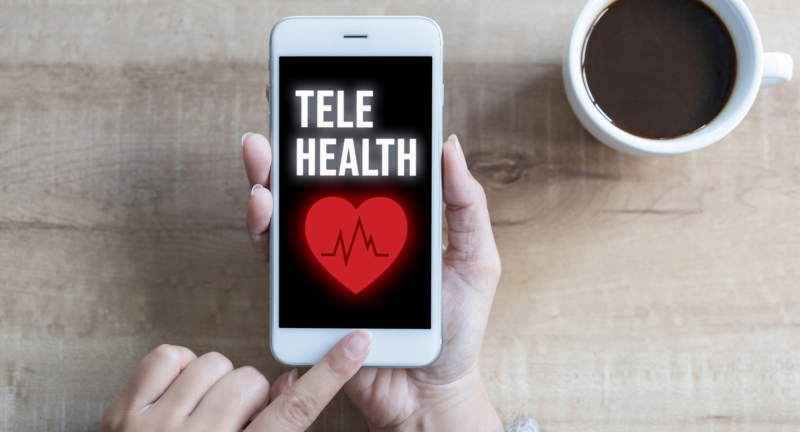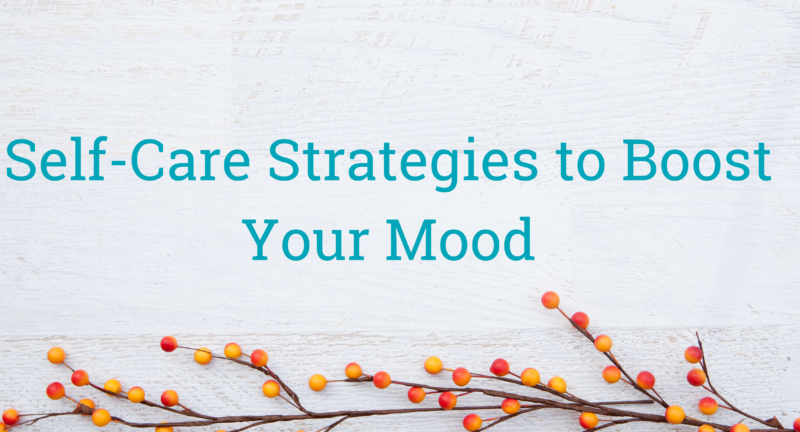
6 Uncommonly Thought Of Depression Symptoms That Shouldn’t Go Unnoticed
When people think of depression, they commonly think of someone who feels sad, lonely, has a bleak outlook on the future, and experiences thoughts of death, dying, or killing themselves. However, depression is a complex mental illness and, while these symptoms are valid and true, there are a host of other ways that you or someone you love may present that also indicates a potential problem with depression.
In this post, we’ll explore the lesser known signs of depression.
Lesser Known Signs of Depression

Below, these symptoms will be explored further:
1. Anger, Irritability, and Mood Swings
While the relationship between anger and depression is complex and not easily understood, research has supported a close relationship between depression and increased feelings of anger, as well as poor ability to regulate emotions, which leads to rapidly changing moods. [1] As a result, the individual may experience subjective feelings of irritability and annoyance and may even describe themselves as grouchy or touchy. Loved ones may observe the outward signs of this irritability through increased conflict and argumentativeness. Depressed individuals are biased toward negative information and, as such, will constantly point out the negatives in any situation. Furthermore, they are more likely to ruminate on negative information and thoughts, further exacerbating irritability and anger. [1] A person with depression may also experience rapid and unexpected changes in their mood throughout the day, or even rapid changes within the same hour.
They may go from happy to irritable to sad, often without any clear event to provoke the change.
Along with these rapidly changing moods, outbursts of emotions, especially angry outbursts, are not uncommon. [2]
2. Feelings of Inferiority and Guilt
Depression can lead to feelings of inferiority and guilt, which leads to anxiety about being unable to cope with day to day life. People with depression worry frequently and may experience recurrent feelings of tension and subjective stress.
Additionally, people with depression may experience other symptoms consistent with anxiety, such as poor concentration and focus, restlessness or difficulty sitting still, ruminating or intrusive thoughts, and difficulties making decisions. An individual with depression may have frequent worries about being a burden to loved ones or may fear being negatively perceived by others for their depression. Frequently, someone with depression may feel unable to identify if they feel depressed or anxious, as the feelings are so closely aligned.
3. Trouble Making Decisions
We all make thousands of decisions each day, often times without even thinking about it. These decisions may involve simple tasks — such as when to wake up or whether to take a shower — to more complex decisions, such as what route to take to drive to work. However, despite the automatic nature of these decisions, many people with depression will struggle to make them.
For more complex decisions, such as deciding where to go as a group for dinner, a person with depression may feel paralyzed by an inability to decide. Difficulty making decisions may be related to either internal or external fears. For instance, an external fear may be that their decision would disappoint or create hardship for someone else. Internal fears may include being afraid of making the wrong decision or that they will later regret their decision. People with depression may attempt to relegate as many decisions to others as possible as a defense against their indecisiveness.
4. Loss of Interest
While sadness is most prevalently known, loss of interest in pleasurable activities is a core symptom of depression.
Someone with depression may feel that they have lost the ability to feel joy or pleasure. As a result, they may no longer care about hobbies, social activities, or sex. When presented with opportunities to engage in social activities or hobbies, they will decline, leading them to become isolated or withdrawn. Friends may notice that someone with depression suddenly stops attending group functions or engaging in regular social activities.
5. Alcohol or Drug Use
According to the National Institute on Drug Abuse [3], people with depression or other mood disorders are twice as likely to abuse substances as those without these disorders. For someone struggling with depression, they may often feel that there is no end in sight and no relief for their symptoms. As such, they oftentimes turn to substances in an effort to self-medicate, combat the symptoms, and find some temporary relief; however, the use of these substances may actually lead to a worsening of depression over time. Other complications may also exist, including becoming addicted to the chosen substance.
6. Physical Pain
Depression is not just in your head.
While depression is most commonly associated with emotional pain, research supports that depression can manifest as physical pain as well. [4] Some common physical complaints in individuals with depression include fatigue/exhaustion, decreased tolerance for pain, achy muscles all over the body, but especially muscles in the back and shoulders, headaches, vision problems, stomach pain, digestive problems, and irregular bowel movements.
If You’re Struggling with Depression Symptoms…
At NextStep 2 Mental Health, we provide comprehensive and compassionate depression treatment. Whether you’ve been struggling with depression or another mental health disorder, we can help you feel better. Give us a call at our Louisville, Kentucky office, or send us a message to request more information.
You can also request an appointment with our convenient scheduling tool here.
About the Author
 This post was written by Monica Clark, LPA.
This post was written by Monica Clark, LPA.You can request an appointment with Monica here.
References
- Besharat, Mohammad Ali; Nia, Mahin Etemadi; Farahani, Hojatollah. (2013). Anger and major depressive disorder: The mediating role of emotion regulation and anger rumination. Asian Journal of Psychiatry, 6, 35-41.
- Culpepper L. The diagnosis and treatment of bipolar disorder: Decision-making in primary care. Prim Care Companion CNS Disord. 2014;16(3). doi:10.4088/PCC.13r01609
- National Institute on Drug Abuse, US Department of Health and Human Services. December 2008, Revised September 2010. Comorbidity: Addiction and Other Mental Illness. Retrieved from https://www.drugabuse.gov/sites/default/files/rrcomorbidity.pdf.
- Trivedi, M.H. The link between depression and physical symptoms. The Primary Care Companion to the Journal of Clinical Psychiatry, 6(1), 12-16.
Related Posts
Preparing for Telehealth: What Parents Need to Know
As parents, you've no doubt taken your child to dentist appointments, eye doctor...
10 Self-Care Ideas to Try If You’re Feeling Sad This Thanksgiving
Holidays can be a time of joy and togetherness, but sometimes holidays can be...


